Patrick and Dan discuss J. Ann Tickner’s 1997 article, “You Just Don’t Understand: Troubled Engag…


by Patrick Thaddeus Jackson & Dan Nexon | 10 Feb 2021 | Whiskey & IR Theory
Patrick and Dan discuss J. Ann Tickner’s 1997 article, “You Just Don’t Understand: Troubled Engag…
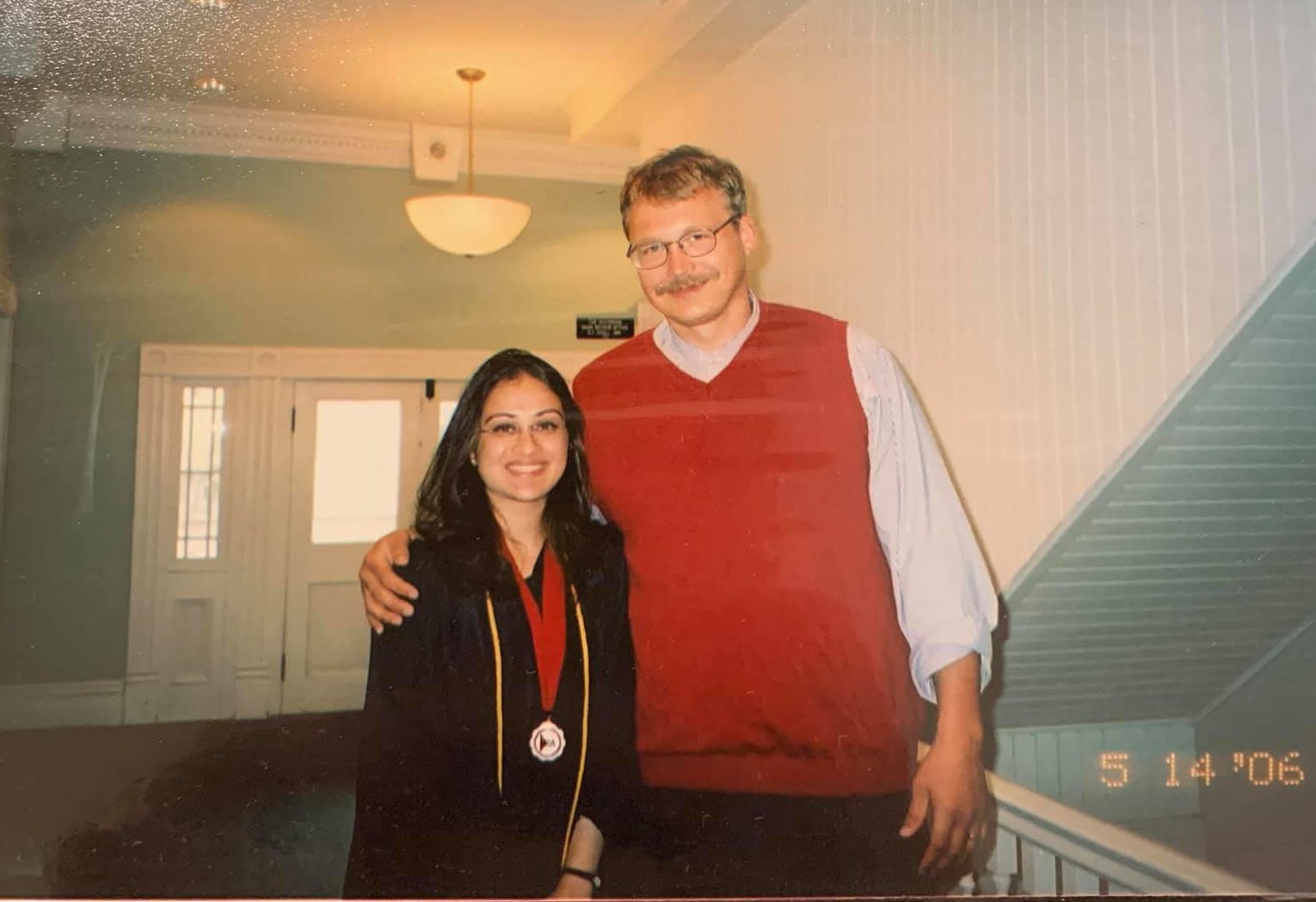
by Josh Busby | 10 Feb 2021 | Academia
This is a guest post from Sahar Khan, an editor at Inkstick and adjunct fellow of Defense and Foreign Policy at the Cato Institute. She tweets at @khansahar1. This is the third post in our remembrance series honoring the life of Sean Kay. My cousin is a sophomore at Ohio Wesleyan University, and on November 13, 2020 she texted me, “I’m so sorry about Sean Kay.” Sorry? For what? Then she told me that he had passed away and forwarded me the...
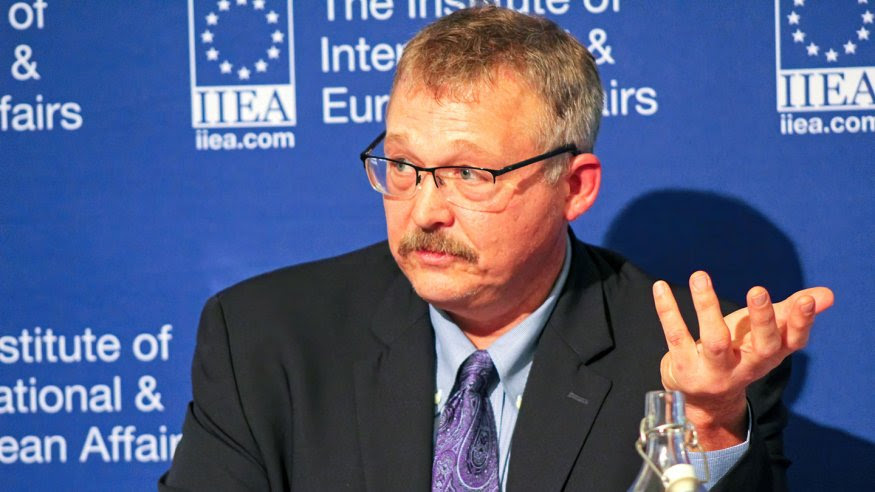
by Josh Busby | 9 Feb 2021 | Academia
Sean Kay, a much beloved international relations professor at Ohio Wesleyan, died suddenly of a heart attack in November. Though I blogged about Sean in December, we will be publishing a series of memorials to Sean from former students and colleagues over the remainder of this week. The post below is a guest post from Ahsan Butt, an Associate Professor at the Schar School of Policy and Government at George Mason University and a nonresident...

by Cullen Hendrix | 8 Feb 2021 | Bridging the Gap, Featured
Photo courtesy of the Guardian UK. When engaging with policy audiences and organizations, how can one be truthful when telling the whole truth may be counterproductive? This post is part of an occasional series discussing the ethical dilemmas that arise when academics engage with policymakers and the broader public. This series is part of the Rigor, Relevance, and Responsibility project of the Sié Chéou-Kang Center for International Security...
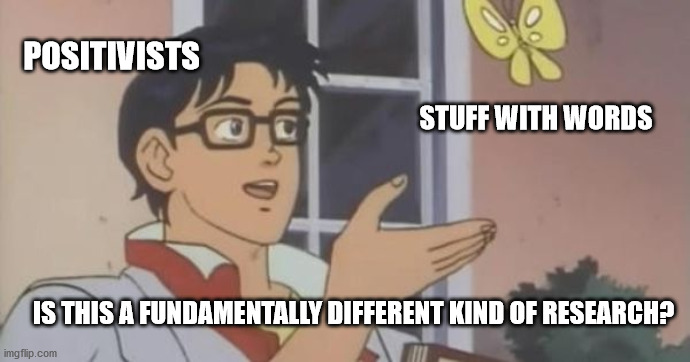
by Jarrod Hayes | 3 Feb 2021 | Academia
This is a guest post by Simon Frankel Pratt. He is a lecturer in the School of Sociology, Politics, and International Studies at the University of Bristol. In the social sciences, research and data are often divided into the categories ‘quantitative’ and ‘qualitative’. This is incoherent and should stop. There’s nothing informative in this distinction in terms of the logic of enquiry, the mode of inference, or the way data are used to support...
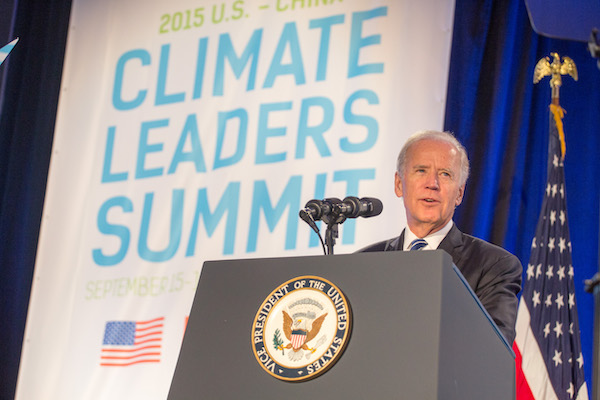
by Josh Busby | 2 Feb 2021 | Academia, Environment & Energy
This is a guest post from Jeff Colgan, Richard Holbrooke Associate Professor of Political Science and Director of the Climate Solutions Lab at Brown University. He is author of Petro-Aggression: When Oil Causes War, and tweets @JeffDColgan A slew of new books on grand strategy and international order signal the renaissance these topics are enjoying among scholars. Alas, most of the current thinking does not pay nearly enough attention to...

by Jarrod Hayes | 26 Jan 2021 | Duckcalls
Philip Cunliffe, Senior Lecturer at the University of Kent, on his book, The New Twenty Year’s Crisis.
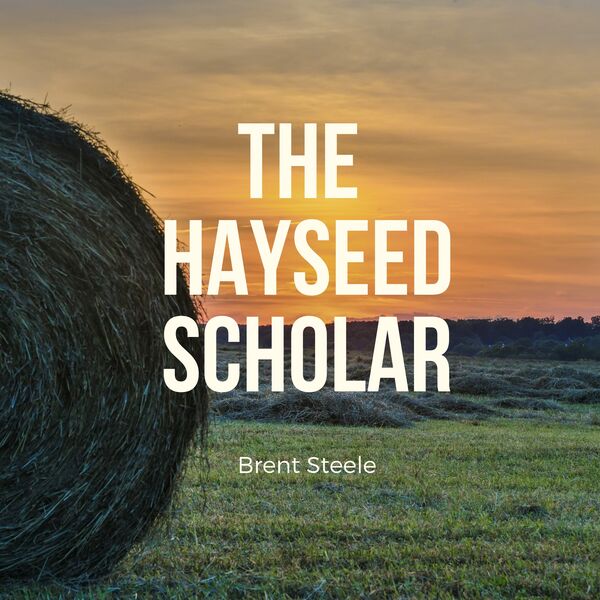
by Brent Steele | 18 Jan 2021 | Hayseed Scholar
Professor Aida Hozic discusses her journey from Sarajevo to studying, writing on, and teaching IR in the United States.
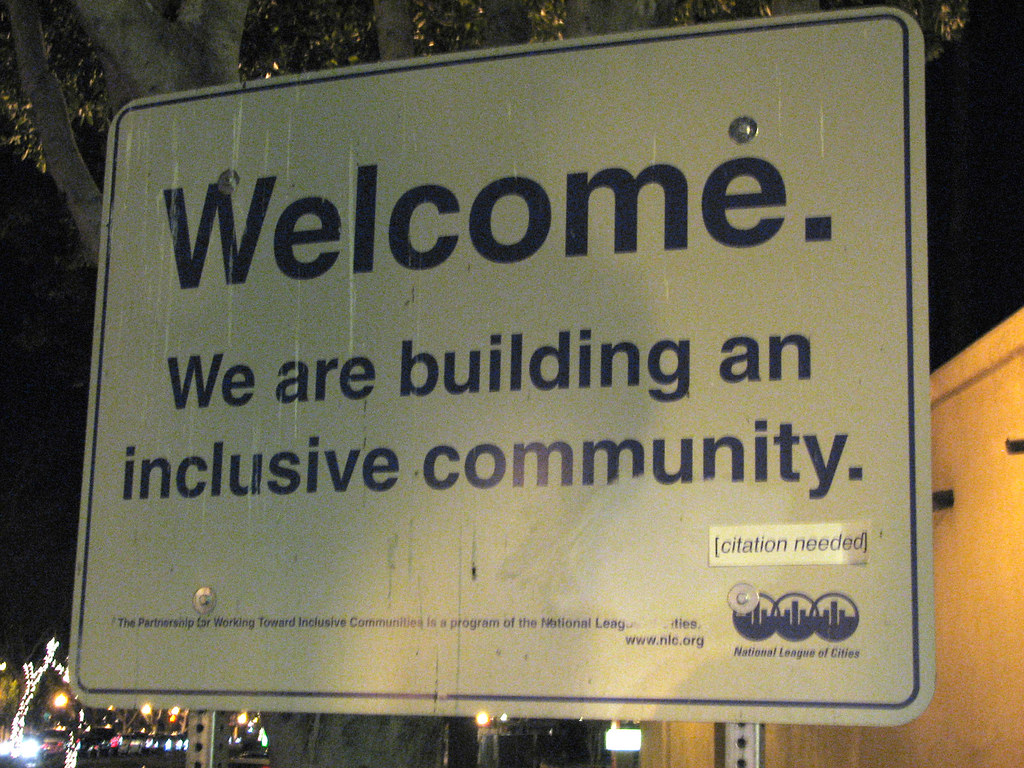
by Steve Saideman & Anna Meier | 11 Jan 2021 | Academia, Race, States & Regions
Last week, the American Political Science Association released a milquetoast statement on the January 6 white supremacist attack at the U.S. Capitol that got buried in the onslaught of news coverage. It resurfaced on Twitter over the weekend to outrage, with many political scientists noting that the statement omitted any acknowledgment of racism or white supremacy but did mention that “both sides” needed to “do better.” As is probably clear...

by Jarrod Hayes | 10 Jan 2021 | Academia
Daniel J. Levine is Aaron Aronov Associate Professor of Jewish Studies at the University of Alabama, where he divides his time between the Departments of Political Science and Religious Studies. Information on his research can be found here. Last fall, I taught – as I have done every year since coming to the University of Alabama (UA) – an upper-division lecture-seminar on the Israel-Palestine Conflict. The...
by Lisa Gaufman | 9 Jan 2021 | Featured, Security, States & Regions, US Foreign Policy
US President Donald Trump gestures as he arrives to a "Make America Great Again" campaign rally in Cincinnati, Ohio, on August 1, 2019. (Photo by SAUL LOEB / AFP) (Photo credit should read SAUL LOEB/AFP/Getty Images) This is a guest post by Emily Holland, an Assistant Professor in the Russia Maritime Studies Institute at the US Naval War College & Hadas Aron, a Faculty Fellow at the Center for European and Mediterranean Studies at NYU. This...
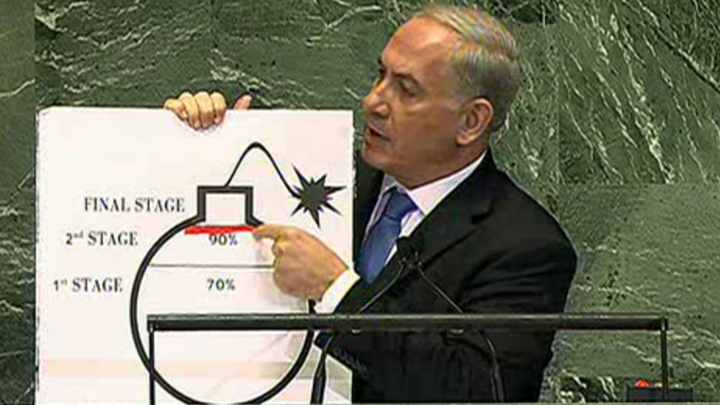
by Anne Harrington | 6 Jan 2021 | Security
On Monday, Iran began enriching uranium to the 20% threshold for the first time since before its 2015 nuclear deal, the Joint Comprehensive Plan of Action (JCPOA). Iran appears to be trying to maximize its leverage with the incoming Biden administration in the hope that the US will agree to re-enter, rather than attempt to re-negotiate, the JCPOA. The President-elect has indicated in interviews that upon taking office in two weeks he...